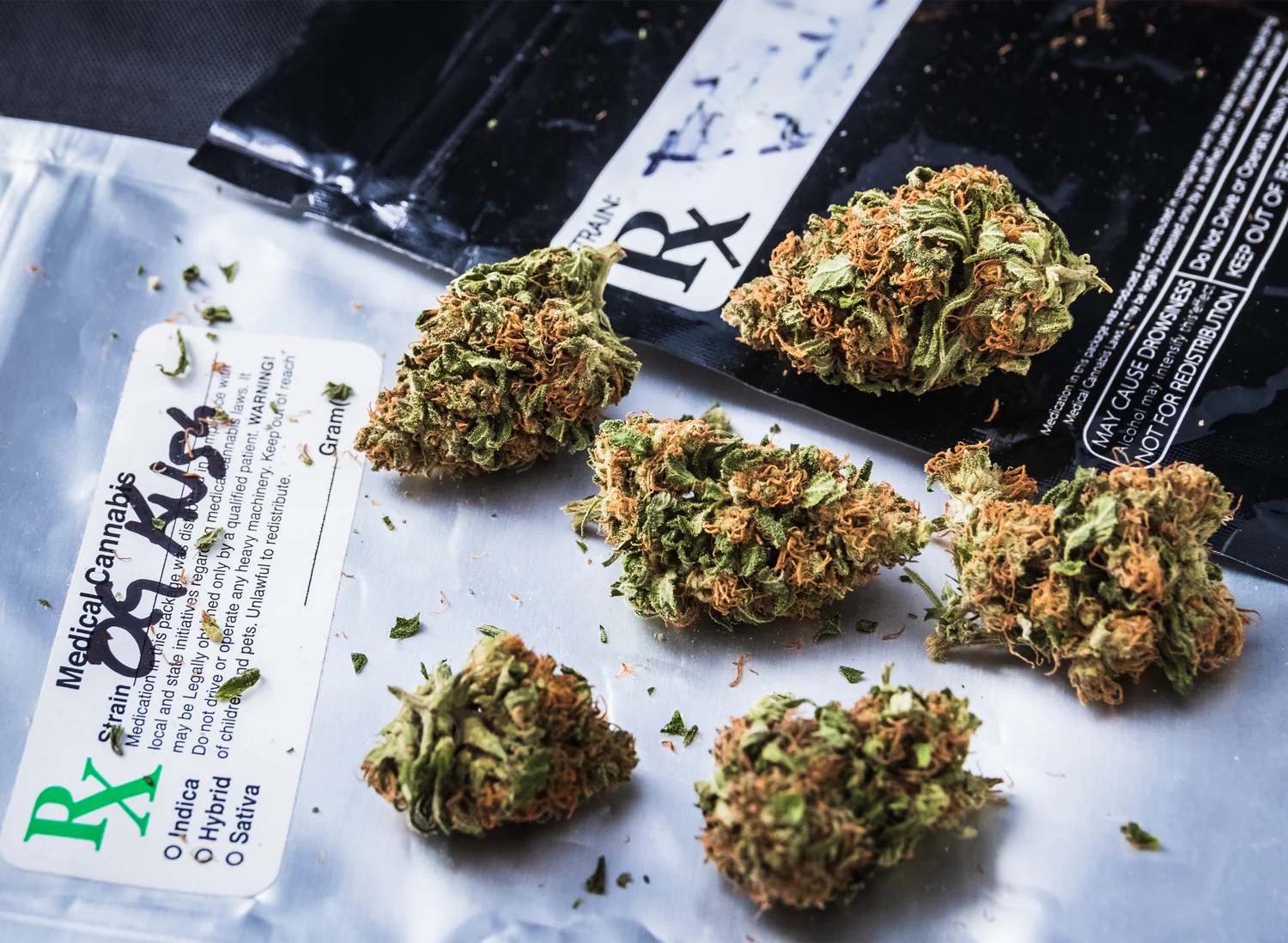IRS Guidance Eases Cash Transaction Concerns for Cannabis Industry
LOS ANGELES- The Internal Revenue Service (IRS) recently issued a memo that clarifies handling cash transactions within the cannabis industry, providing a potential shift in federal treatment of the sector. This guidance focuses on the correct usage of Form 8300, which is required for cash payments exceeding $10,000, a common occurrence in cannabis businesses due to their limited access to banking services.
Historically, the involvement of large cash sums has led to increased scrutiny under federal law due to cannabis’s illegal status at the federal level. However, the IRS memo indicates that these transactions should not automatically be flagged as suspicious. It guides cannabis businesses on proper transaction recording, aiming to ensure transparency without unnecessary regulatory entanglement.
This memo is significant as it may lessen the financial reporting stigma associated with the cannabis industry, facilitating a semblance of normalcy in financial operations. It emphasizes that lawful cannabis businesses should not automatically associate cash payments with illicit activities, a stance that could encourage more consistent financial practices.
The guidance provides detailed scenarios to help cannabis enterprises navigate complex tax compliance issues effectively. For example, it clarifies that separate legal entities within the same corporate structure must file Form 8300 when transactions exceed the $10,000 threshold.
Despite this positive development, challenges remain. The cannabis industry continues to grapple with broader banking and financial integration issues. Nevertheless, the IRS’s stance is seen as a progressive step towards aligning federal oversight with the realities of state-legalized cannabis markets, potentially easing some operational hurdles for businesses in this sector.
A complete copy of the IRS FAQ memorandum can be found at this link: IRS-Form8300-marijuana-cash-payments – DocumentCloud.



































